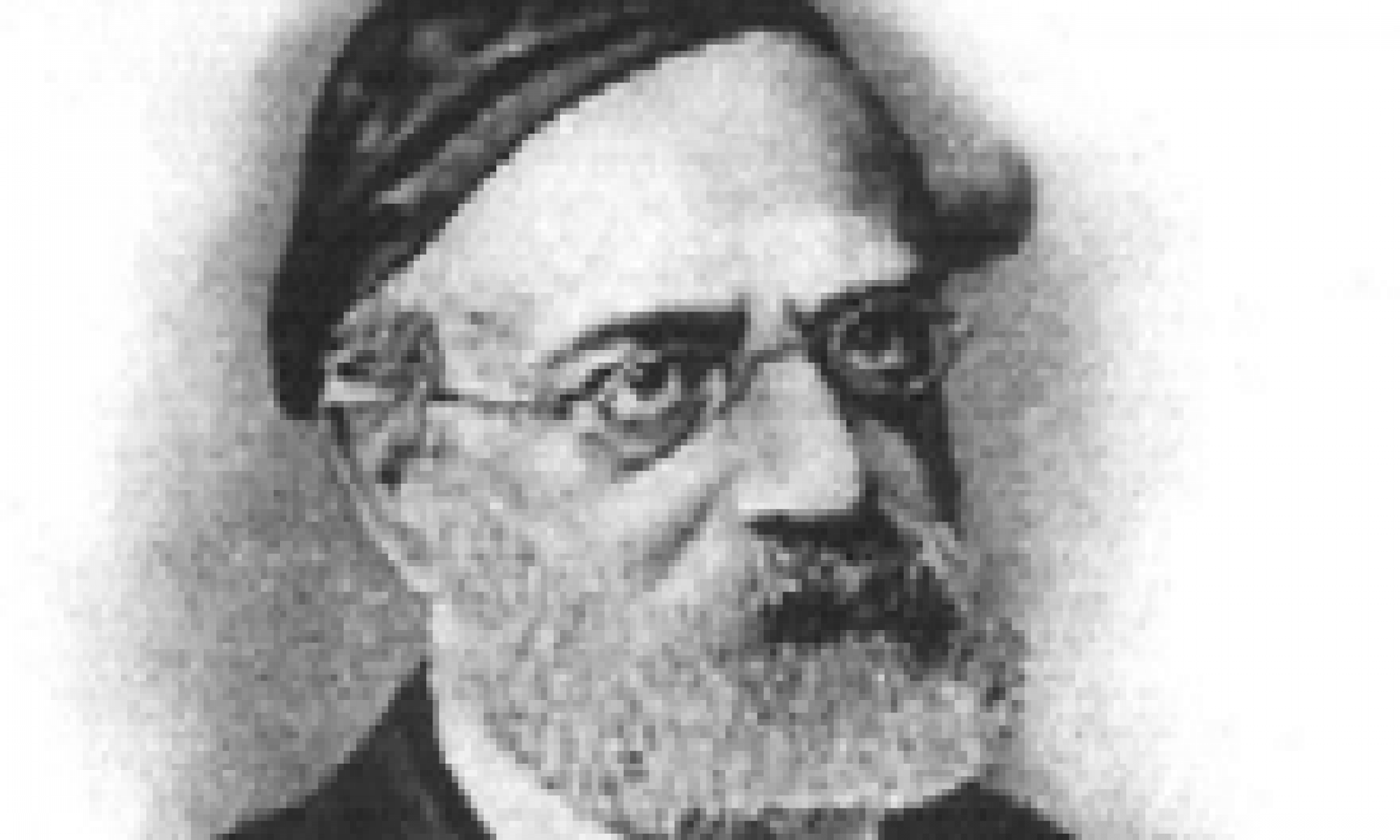י-ה-ו-ה
The Name of God י-ה-ו-ה is often translated as Eternal. (While this is of course absolutely true,) this understanding of God’s Name teaches us nothing about our relationship with God and our lives. We must seek a meaning of the Name of God which provides a message for our lives.
Our rabbis teach that this name (also) describes God’s מדת הרחמים attribute of mercy. Grammatically, this word, derived from its root היה “exist” means the One Who grants existence and is always prepared to grant new existence to meet the needs of Man’s education. Even if Man’s past actions may warrant his end, this attribute grants Man a new chance.
אלקים
Our rabbis also teach that the Name אלקים describes God’s attribute of Justice – מדת הדין. The Name אלקים indicates that God put all the rules of nature in place. There is a specific set order which should not be tampered with. Every created being must comply and fulfill its role.
The world without Man operates with the attribute of מדת הדין – Justice alone. But with the creation of Man, who often fails at his mission due to his free will, there is the constant adjustment to the set rules of natural development.
Because Avraham exerted himself to see God in nature, אלקים, God responded to him by teaching him about His name י-ה-ו-ה, the God who has brought about all of nature for the opportunity to educate Man to come closer to God. As י-ה-ו-ה, God will move history along the path to its higher purpose, the education of Man, even if it requires the suspension of the rules of nature.
The world only came to fully witness and understand this relationship with God at the time the Jewish nation was formed in Egypt. Then, the Jewish nation had no ability to fend for itself physically and survive and despite that God interceded and redeemed it. (This was clearly the divine hand operating against the rules of nature.) Jewish history begins with this lesson. All of Jewish history is one big lesson of God’s involvement in the world and His constant education of Man, which is the meaning behind the name י-ה-ו-ה.
The Name י-ה-ו-ה describes God as the God who is involved in the moral development of Man; the God of History, the God of Man’s Education. Man’s response to this should be submission to God in His expectations of our morality. This is why we pronounce the name as we do, whose meaning is “my Master”.
ה’ אלקים
The combined Name ה’ אלקים indicates both concepts in one expression; The God who has set rules in the universe and operates silently in the background, maintaining the constancy of nature. At the same time, God is constantly interceding, regulating and adjusting these rules as He sees fit, for the needs of the education of Man. (At times these changes are blatant and dramatic, but often these are very subtle, [appearing as part of nature such as weather conditions], catered to the needs of individuals.) ה’ אלקים is the God of Divine Providence.
Beraishis 2:4, Pages 47-51

